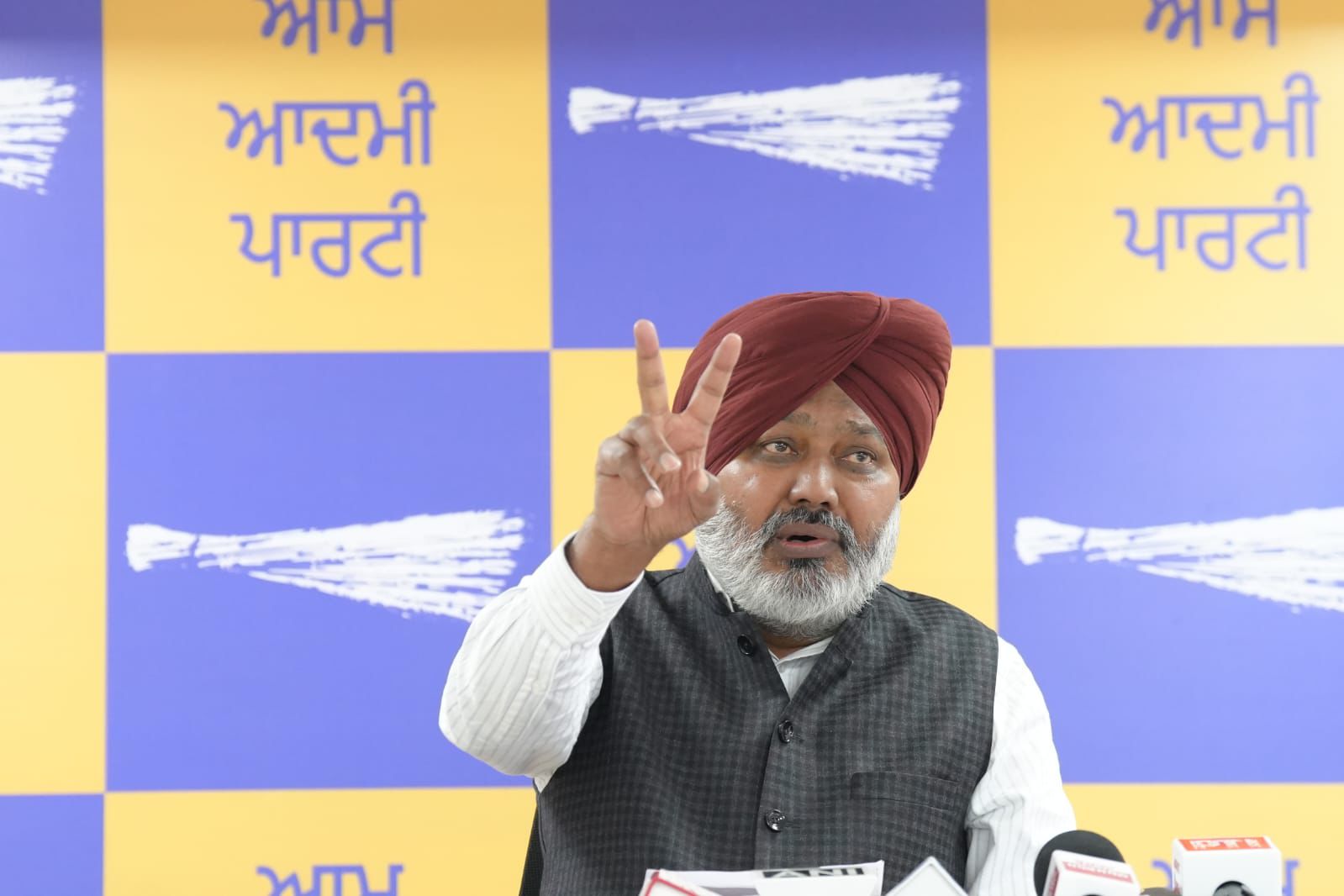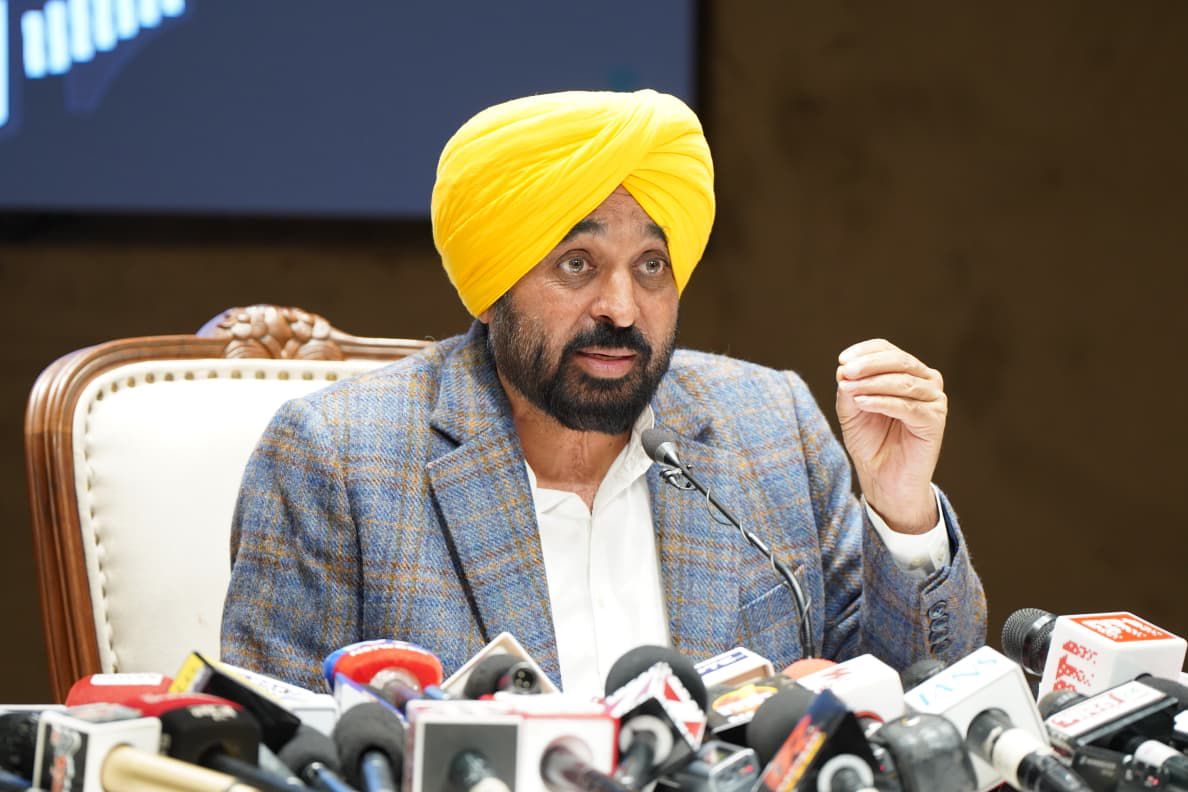The North News
Chandigarh, April 30
The Punjab government has expanded its drug de-addiction and rehabilitation capacity more than threefold—from 1,500 to 5,000 beds—amid a crackdown on drug trafficking and a rise in demand for recovery services. According to a spokesperson of the Chief Minister’s Office, this expansion is part of a broader campaign aimed at disrupting the drug supply chain. The state’s intensified operations have led to the arrest of several traffickers, resulting in a significant reduction in the availability of narcotics and a surge in the number of individuals seeking treatment.
“Now that supply has been curbed, more victims are coming forward,” the official said, adding that the government is determined to ensure those struggling with addiction can “live a life of dignity and pride.” The Bhagwant Mann-led administration has overhauled the infrastructure at existing government-run facilities, introducing air conditioning and improving service standards to create more humane treatment environments. New rehabilitation centres have also been opened to meet growing demand.
Further steps include strengthening the network of Outpatient Opioid Assisted Treatment (OOAT) centres. The number of operational OOAT centres has risen from 529 to 565. Authorities have also ensured a steady supply of critical medicines across the network.
Chief Minister Mann has instructed all Deputy Commissioners to oversee stock levels of medicines, beds and consumables at both de-addiction and OOAT centres within their districts. He warned that any lapse in service delivery would lead to disciplinary action.
The Punjab Police is expected to ramp up its anti-drug operations in the coming days, likely bringing even more people into the recovery system. The government has framed its current approach not just as a law-and-order strategy but as a humanitarian mission to restore health and dignity to thousands of families across the state.
















